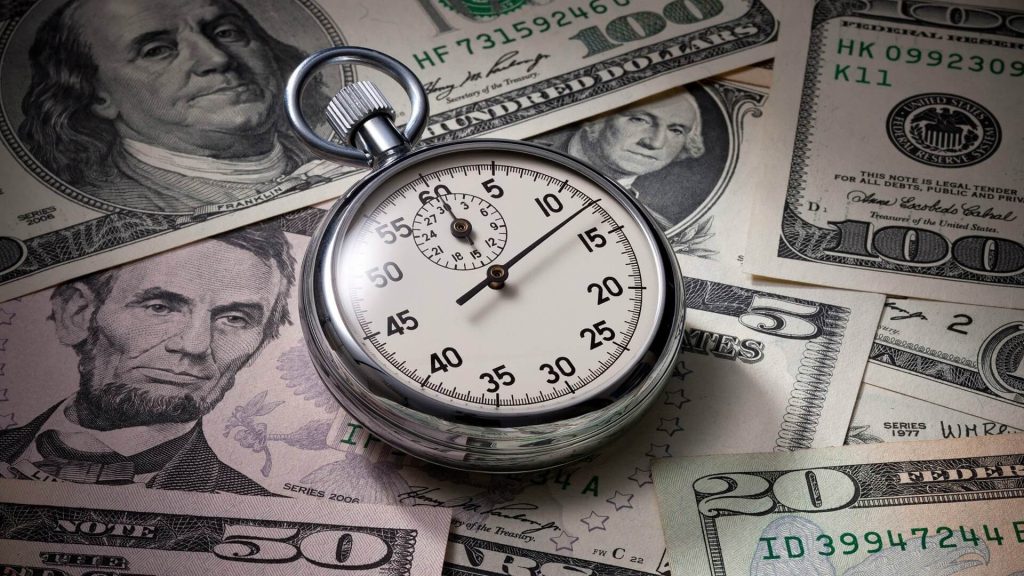
As the hospitality industry evolves, there’s one trend redefining how hotels work: hourly services.
NB: This is an article from Mews
Subscribe to our weekly newsletter and stay up to date
Hourly services help hotels generate revenue by offering spaces and services on a short-term, on-demand basis. That could be anything from bike rentals to meeting rooms.
By going beyond traditional overnight bookings, hourly services bring a new income stream, engaging a broader range of guests and locals alike. And with rising demand for flexibility and personalization, hourly bookings present a forward-thinking strategy for hotels.
In this analysis, we’ll explore the trends driving the popularity of hourly bookings, identify spaces that are ideal for this model, and how it offers a strategic edge for hotels who want to stay competitive.
Key trends driving the shift to hourly services
As hotels adapt to a constantly evolving market and changing guest preferences, hourly services are getting more popular. Three core trends are fueling this transformation:
1. Demand for more flexibility
Today’s travelers are looking for flexible options they can fit into their schedules. Whether that’s a meeting room for an hour, or short-term access to amenities like a spa or gym. Hourly bookings help hotels meet these diverse needs and offer guests convenience and customization.
2. Rise of on-demand experiences
In most aspects of life, people have begun to expect instant access to services, and hospitality is no exception.
From one-off gym sessions to meeting rooms, on-demand options mean guests can enjoy a hotel’s services without committing to an all-day or overnight booking.
3. Wider appeal across audiences of on-demand experiences
Hourly services help hotels attract more than traditional overnight guests. By successfully marketing short-term spaces like meeting rooms, fitness centers and parking spaces, remote workers, locals and nearby businesses can benefit from your hotel’s facilities.
Together, these three trends show how hourly bookings align with evolving guest behaviors and market needs. Offering flexible, on-demand services helps hotels remain relevant by appealing to a wide array of audiences.
Long-term benefits of hourly bookings for hotels
Incorporating hourly bookings is more than a short-term solution. In fact, it can support long-term growth by bringing more flexibility to the business and engaging new guest segments. Here’s how hourly bookings can benefit hotels over time.
1. Increased revenue per available square meter
There are plenty of spaces in hotels that are unused most of the time. Old server rooms, for example. Hourly rental allows hotels to monetize these spaces, boosting revenue per available meter. By offering spaces for different uses and periods, hotels can increase occupancy and usage rates, leading to more profitable spaces.
2. Diverse revenue streams for stability
Hourly bookings diversify income, offering financial stability during typically slower periods. For example, meeting rooms may see high demand during business hours, while wellness facilities and parking might be more popular in the evenings. By adapting spaces to changing needs, hotels can create more consistent revenue and reduce reliance on room bookings alone.
3. Enhanced guest satisfaction and brand loyalty
Hourly bookings let hotels offer guests a flexible, personalized experience, meeting their needs in a way that feels tailored and convenient. Whether that’s a short workout session or a quick meeting, if guests feel in control of their experience, they’re more likely to return and recommend the hotel.
These long-term benefits illustrate how hourly bookings position hotels as adaptable, guest-centric brands, enhancing profitability while strengthening guest loyalty.



